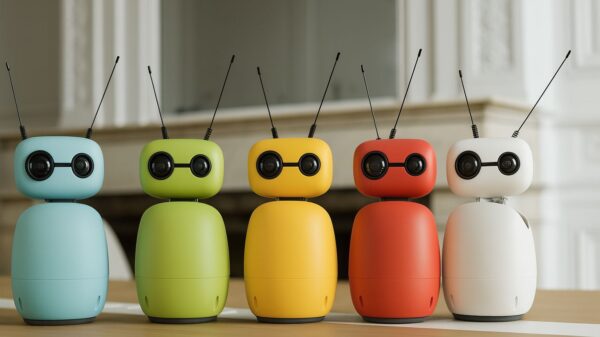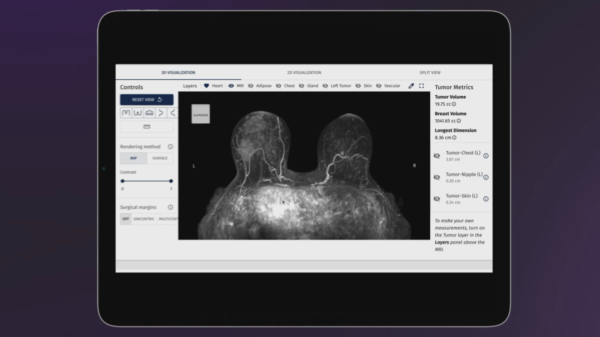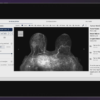Christie’s has described its upcoming “Augmented Intelligence” art auction as an extension of human creativity, but many angry people do not see it that way. Over 3,800 have now signed a petition calling for the controversial event to be cancelled.
In a letter accompanying the petition, artists voiced concern that the pieces going up for sale were created using AI models that are known to be trained on copyrighted work without a license to do so.
“These models, and the companies behind them, exploit human artists, using their work without permission or payment to build commercial AI products that compete with them,” they specified. The artists who have signed this document allege that Christie’s is supporting “mass theft” by hosting this art sale.
It is set to run from Feb. 20 to Mar. 5 at the Rockefeller Center galleries in New York City. Pieces being auctioned off are worth between US$10,000 and US$250,000.
One of the signatories, Ed Newton-Rex, said that the letter was rightfully critical of the upcoming event. He is recognized as one of the world’s leading experts on generative AI.
“It looks like around nine of the works in the auction were made using AI models that companies built using other artists’ work without permission,” Rex explained to Sky News.
The fine arts auction house has sold artificial intelligence-integrated works in the past, but this is the first auction solely dedicated to the new artistry niche. Christie’s insists that the artists being showcased at the upcoming event are renowned for their talents and that the pieces they have created are original and valuable. They’ve just been enhanced with AI.
More coverage of the backlash to the Christie’s AI art auction.
I continue to think people in AI have hugely underestimated the anger among artists about the mass theft of their work to build commercial gen AI models. pic.twitter.com/Myj2snpDma
— Ed Newton-Rex (@ednewtonrex) February 10, 2025
Read more: Indian AI startup ‘Krutrim’ gets US$230M investment; plans supercomputer build with Nvidia
Read more: Light AI develops smartphone tech for diagnosing severe throat infection
Not the most controversial items auctioned by Christie’s
The world-famous auction house has been at the centre of multiple controversies.
One of the most notable occurred in 2023 when Christie’s sold off a large collection of Heidi Horten’s jewellery. Her husband, Helmut Horten, was a Nazi who made his fortune from the acquisition of Jewish-owned businesses during Hitler’s reign.
Multiple groups were outraged about this. The collection sold for over US$202 million.
“The sale of the Heidi Horten jewellery collection has provoked intense scrutiny,” Anthea Peers, Christie’s President of Europe, the Middle East and Africa, said that year.
The uproar inspired Christie’s to cancel the sale of an additional 300 jewels from Horten’s collection. The art dealer is known to have auctioned off other works with Nazi origins on previous occasions.
Indigenous artwork too
The auction house came under fire in 2021 for hosting the sale of multiple Indigenous artefacts considered by many to be sacred. They came from the Taíno people in the Caribbean.
“The overall sentiment of the Taíno people is that we feel it’s wrong,” Stephanie Bailey, chief of the Arayeke Yukayek Taíno group, said at the time. “We feel it’s wrong for Christie’s to be auctioning off anything that belongs to our ancestors.”
These occurrences highlight the controversial nature of this business.
Christie’s has been a leading influence in artwork and luxury item sales for over 250 years. In 1990, it sold Van Gogh’s “Portrait of Dr. Gachet” for US$82.5 million — the highest price ever paid for a painting at an auction during those days.
Christie’s has been owned by François Pinault’s investment company Groupe Artémis since 1998.
rowan@mugglehead.com














